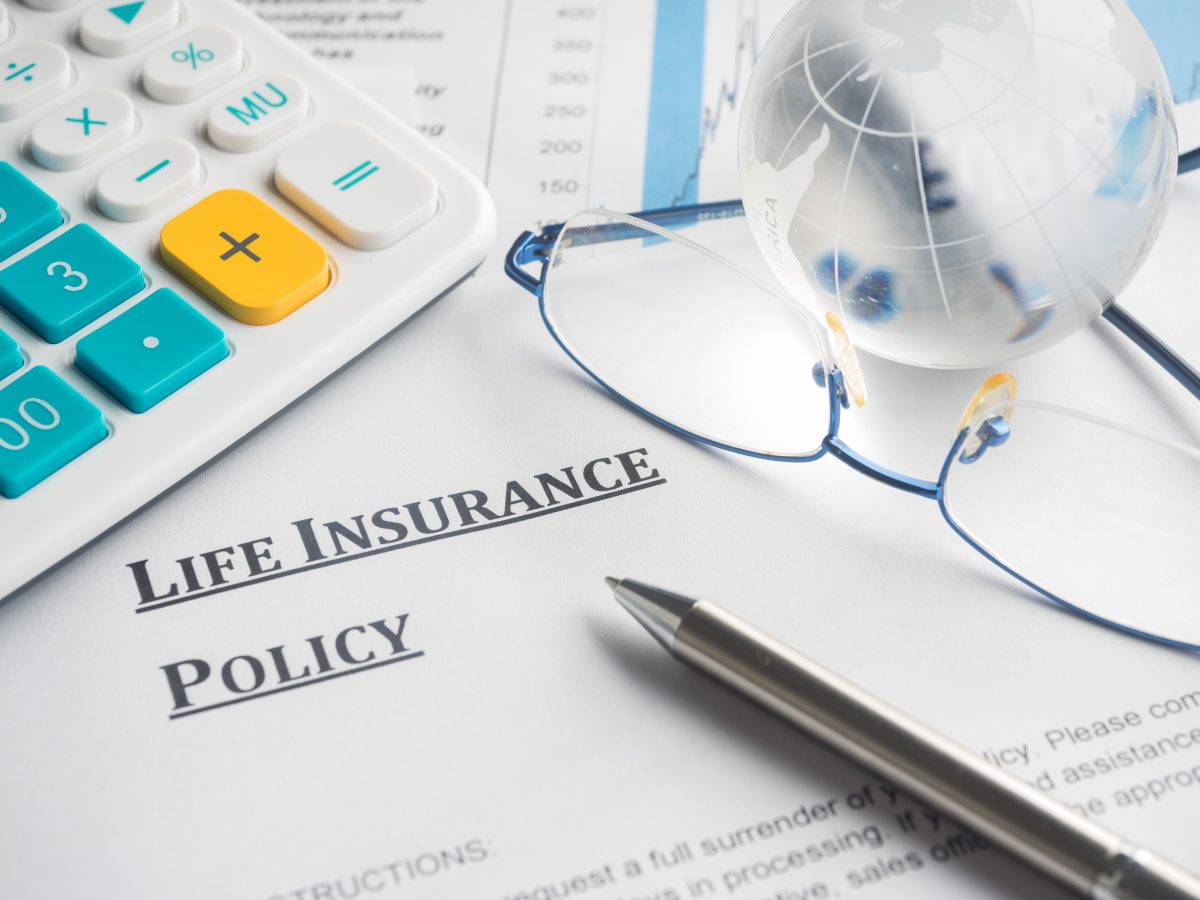CGKY News Hub
Your go-to source for the latest insights and trends.
Insurance Coverage: What Your Policy Isn't Telling You
Unlock hidden insights about your insurance policy and discover what it’s not telling you! Don't miss vital coverage details!
Understanding the Hidden Exclusions in Your Insurance Policy
When purchasing an insurance policy, it’s crucial to delve into the hidden exclusions that may not be immediately apparent. Many policyholders overlook these exclusions, assuming their coverage is comprehensive. For example, policies often exclude natural disasters such as earthquakes or floods unless specifically included. It's essential to review [this resource](https://www.investopedia.com/terms/e/exclusions.asp) that outlines common exclusions in various insurance types, to understand what you're actually being covered for.
Additionally, many policies may restrict coverage in specific situations, such as pre-existing conditions in health insurance or certain high-risk activities in personal liability insurance. Familiarizing yourself with these exclusions can save you from unexpected financial burdens. To better navigate your policy and identify potential gaps, consider utilizing tools and guides provided by organizations like [the Insurance Information Institute](https://www.iii.org). Understanding these nuances can empower you to make informed decisions about your insurance needs.

Common Misconceptions About Insurance Coverage Explained
One of the most prevalent misconceptions about insurance coverage is that having a policy guarantees full coverage for all situations. Many policyholders mistakenly believe that their insurance will cover any and all expenses related to their claims. However, most insurance policies come with deductibles, exclusions, and limits that can significantly affect what is actually covered. For instance, while a homeowner's insurance policy may cover damage from fire, it might not cover damages caused by flooding unless additional flood insurance is purchased. It's essential for consumers to thoroughly read and understand their policy details to avoid unexpected uncovered expenses.
Another common myth is that insurance coverage is a one-size-fits-all solution. Different individuals and businesses have unique needs which require tailored coverage. For example, freelancers or remote workers might need specialized business insurance to protect their home office equipment and liability. On the other hand, families need to consider factors such as childcare, healthcare, and education in their planning. To determine the best insurance coverage, it is crucial to assess personal circumstances and consult with a knowledgeable insurance agent who can suggest options fit for specific needs.
Are You Underinsured? Key Factors Your Policy Might Overlook
Understanding whether you are underinsured is crucial for protecting your assets and financial future. Many individuals assume that their insurance policy covers all potential risks, but there are key factors that are often overlooked. For instance, if you own valuable items like jewelry or art, you might need additional coverage, as typical homeowners' policies often cap reimbursement for these assets. To learn more about how to properly assess your coverage, visit NAIC.
Another important aspect to consider is liability coverage, which can vary significantly from one policy to another. If you run a home-based business, your regular homeowners' insurance might not protect you against loss resulting from business-related incidents. Additionally, natural disasters may not be included in your policy, leaving you vulnerable in areas prone to floods or earthquakes. For a comprehensive understanding of the types of coverage you may need, refer to this insurance guide.